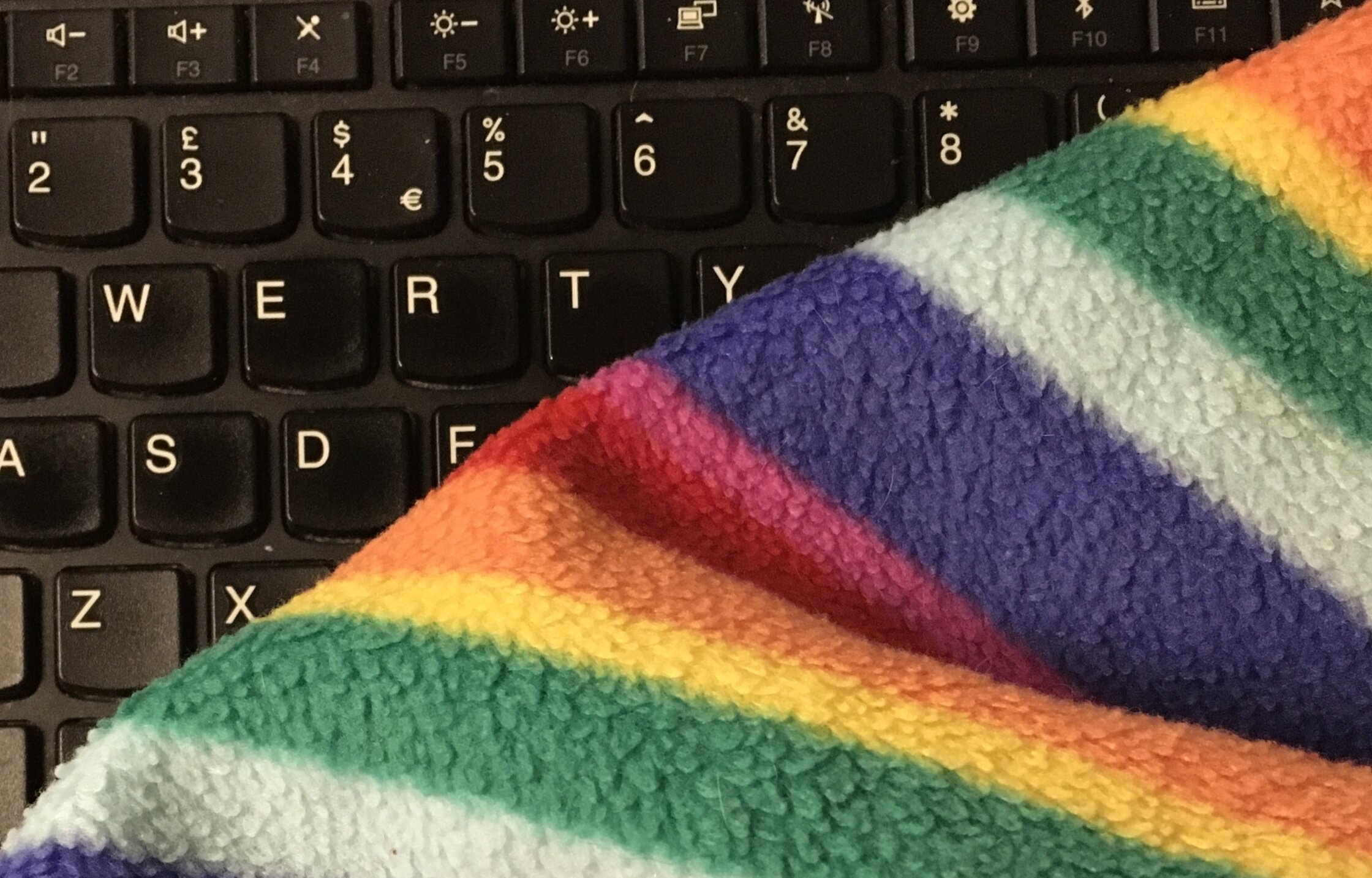The Rise Of Queer Activism In Digital Politics
As a young queer person, to me digital spaces are inherently political as while my identity is not something that should be argued over in political spaces, the lack of rights afforded to myself, and my fellow queer people should be. These digital safe spaces provide a vast community of people who have a fundamental understanding of the issues that bring us all together. I aim to dissect why there has been such a drastic increase in digital queer activism, but as previously just stated politics is just opinions so don’t take things too seriously.
Historically, queer voices along with various other minorities have been silenced as the heteronormative patriarchy still fears that if we all, as marginalised people, band together in solidarity, we could overthrow their oppressive regime. I think it is this feeling of enforced silence that has led to such an effort to fight against censorship. In many countries queer identities are still seen as a taboo topic, a whisper in a private space or a glance shared between those who know, unbeknownst to those who don’t. While admittedly this feeling of entrapment does not always lead to a conversation- nor should we force it, it is the same feeling that causes a fight against the system. Digital political spaces provide the safety of anonymity to share stories and resources without the danger of attracting attention for this branch of activism and therefore it’s contribution to the rise of queer activism in digital politics, with fighting against censorship in particular cannot be ignored.
As I mentioned in my last post, education plays a major role in digital politics. By spreading information and recounting historical events or personal experiences, we can connect with each other and form a sort of home among family. These uniting experiences lets empowerment spread throughout the community- spreading hope that better days will come for all of us, and this hope cannot be underemphasised. Moreover, this education actively fights the frequent miseducation and hateful propaganda spread to ensure further silencing of queer voices. Studies have found that if we engage with activism online in digital political spaces that we are also likely to engage with activism offline. This widespread interaction allows for further safe spaces both online and offline, suggesting the benefits outweigh the downfalls. Again, the role of education plays a major role in the rise of queer activism in digital politics as by popularising queer studies and fighting misinformation, there is less of a risk to the lives of queer people.
To me, and hopefully others, a fundamental part of being queer involves creating a safe space for those of us to come and paving the way for later generations so their path is easier to walk. There have been so many poignant events within history, each creating a shift towards a new queer future. These developments created such advances within the community and the introduction of digital political spaces allowed for unprecedented growth- allowing for remote communication, entertainment, and a space for learning. This manifestation of morality combined with digital spaces allowed for endless platforms in which to facilitate the rise of queer activism.
To draw upon this discussion, it’s clear that a multifaceted culmination of factors led to the rise of queer activism in digital politics, meaning that we cannot give a clear singular answer. Again, dear reader I hesitate to give a definitive answer because as I’m sure you’re beginning to get by now- politics is just opinions anyway.


